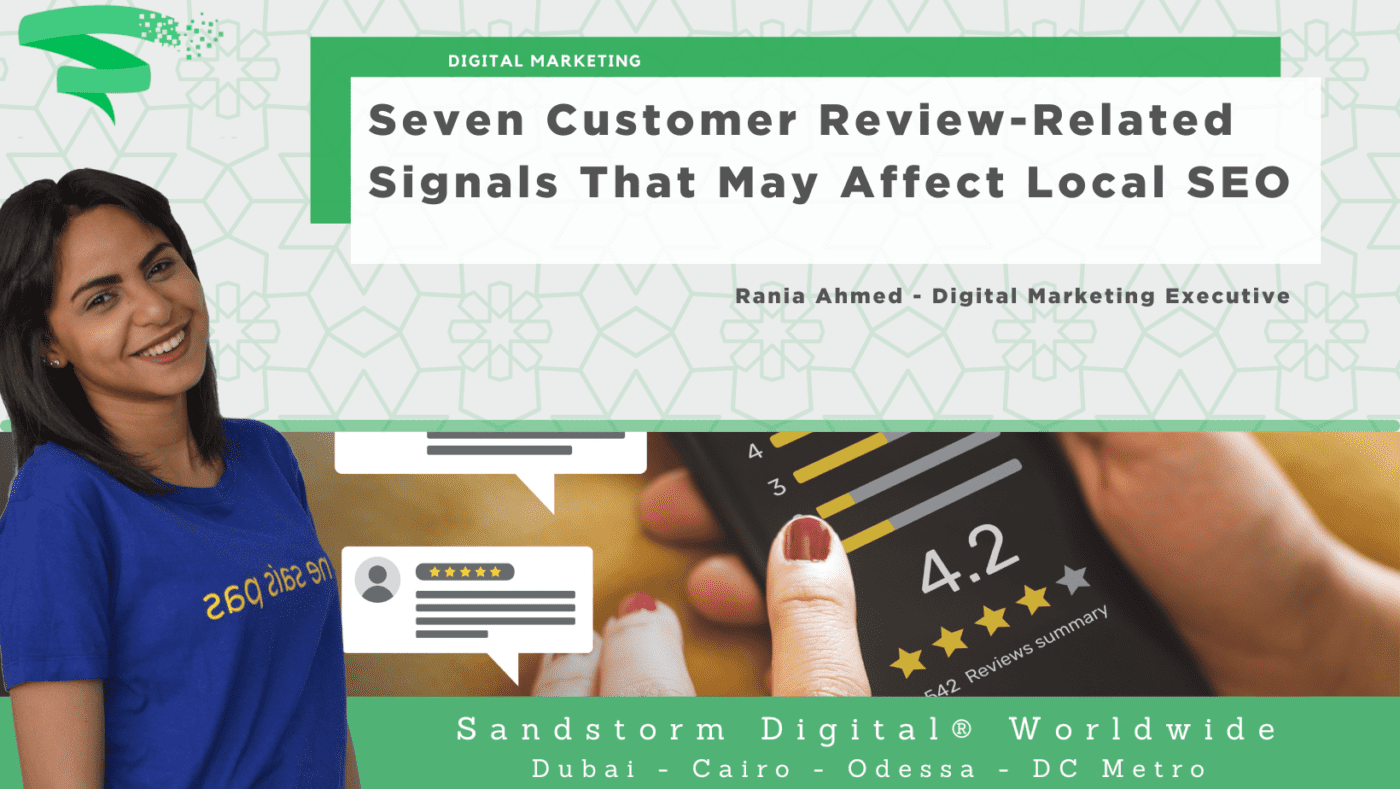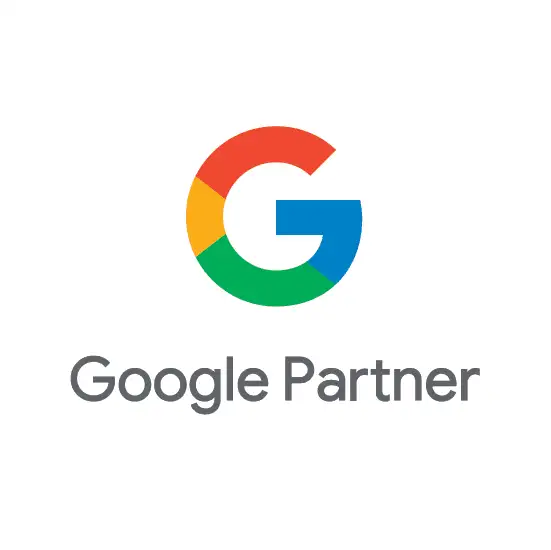More and more local businesses are using local search engine optimization (SEO) to attract customers. According to Think With Google, over one-quarter of all local searches end in a purchase. Consumers may search for a local business online. After discovering its website or Google Business Profile, consumers may drive to that business to make a purchase.
Search engines, however, use different ranking formulas for local searches than conventional, non-local searches. They’ll look at customer reviews, for instance, when ranking businesses for local searches but not for conventional searches. If you’re trying to secure higher local rankings for your business, you should target the seven following customer review-related signals, all of which may affect local SEO.
1) Quantity
How many customer reviews does your business have? Google prioritizes businesses with many customer reviews over those with few customer reviews or no customer reviews. With dozens or hundreds of customer reviews, Google will trust your business. It will identify your business as being legitimate and popular among its customers, so Google may rank it higher for local searches.
You can see firsthand the impact of review quantity by performing a local search on Google. At the top of the local search results, you should see a list of Google Business Profiles. Most of these Business Profiles will probably have a lot of customer reviews. Business Profiles that fail to rank in Google’s local search results will typically have fewer customer reviews.
To cultivate more customer reviews, use these tactics:
• Ask customers to leave a review on Google.
• Provide an exceptional level of customer service.
• Share links to your Business Profile and other profiles that support customer reviews on social media.
• Start an email newsletter. You can send subscribers a link to your profiles while asking them to review your business.
• Embed existing customer reviews into your website.
2) Authority
Some customer reviews are more authoritative than others. Google considers them more important, so it may give those reviews more weight in local SEO.
According to Moz, customer reviews published by Local Guides may hold more weight than those published by other users. Local Guides are users who regularly publish customer reviews on Business Profiles or Google Maps, both of which are connected. Other users can publish customer reviews as well, but Local Guides feature a prominent badge that makes them stand out.
3) Velocity
Customer review velocity may affect local SEO. Velocity is a measurement of how quickly your business earns customer reviews. In other words, it’s the rate at which customers leave new reviews.
You should try to increase your business’s customer review velocity. If your business earns 10 customer reviews one month, aim for 15 or more customer reviews the following month. An ever-increasing review velocity is a sign that your business is growing in popularity. A decreasing review velocity, in comparison, is a sign that your business is becoming less popular.
4) Responsiveness
Don’t forget to respond to customer reviews. In its guide on improving local rankings, Google recommends responding to customer reviews. it shows customers that your business cares about their feedback. Google doesn’t reveal all of its customer review-related signals for local SEO, but it does explicitly mention responsiveness.
It may sound time-consuming, but responding to customer reviews is a quick and easy process. Just thank each customer for their business. If a customer had a negative experience, you can apologize while offering a solution to the customer’s problem.
The sooner you respond to customer reviews, the better. Ideally, you should respond within 24 hours. Customers are more likely to notice your responses if you are punctual with them. If you wait several days or longer to respond, they may overlook your response.
5) Diversity
Customer review diversity may affect local SEO. You don’t want all your customer reviews to come from the customer, nor do you want all of your customer reviews to feature the same star rating or sentiment.
Cultivating a diverse collection of customer reviews may increase your business’s local search rankings. It ensures a natural, organic appearance. If your customer reviews suffer from a lack of diversity, Google may assume that they were artificially created. Artificially created customer reviews are fake. They are created by bots or businesses themselves.
6) Positive to Negative Ratio
The ratio of your positive to negative customer reviews is a potential factor for local search rankings. It represents how many positive customer reviews your business has earned relative to how many negative customer reviews it has earned. A nine-to-one ratio indicates that for every nine positive customer reviews your business earners, it earns a single negative customer review.
Positive to negative ratio is a customer review-related signal. You don’t want too many negative customer reviews relative to positive customer reviews. A few negative customer reviews are fine, but they shouldn’t consume a large chunk of your total customer reviews. To improve your positive to negative ratio, ensure that customers have a positive experience with your business.
7) Claimed Profiles
Whether or not you claim your business’s profiles may affect your business’s local search rankings. Customer reviews are typically published on profiles, including Google Business Profiles and Yelp pages. Your business may already have a Business Profile on Google and a Yelp page. But for local SEO, you should claim these profiles.
Claiming your profiles will give you complete control over them. You don’t have to worry about other users editing your business’s information in the profiles. Once claimed, no one else will be able to edit that particular profile. Customers will still be able to publish reviews, but they won’t be able to change your business’s street address, hours of operation, phone number or other information.
Your profiles, as well as the customer reviews published on them, may have more weight if you claim them. Claiming typically involves some form of identity verification. You’ll have to verify that you own or control the business depicted on the profile. Once verified, you’ll claim the profile.
Local SEO isn’t all about backlinks. Building backlinks to your business’s site and Google Business Profile may prove useful, but customer reviews are arguably more impactful.











